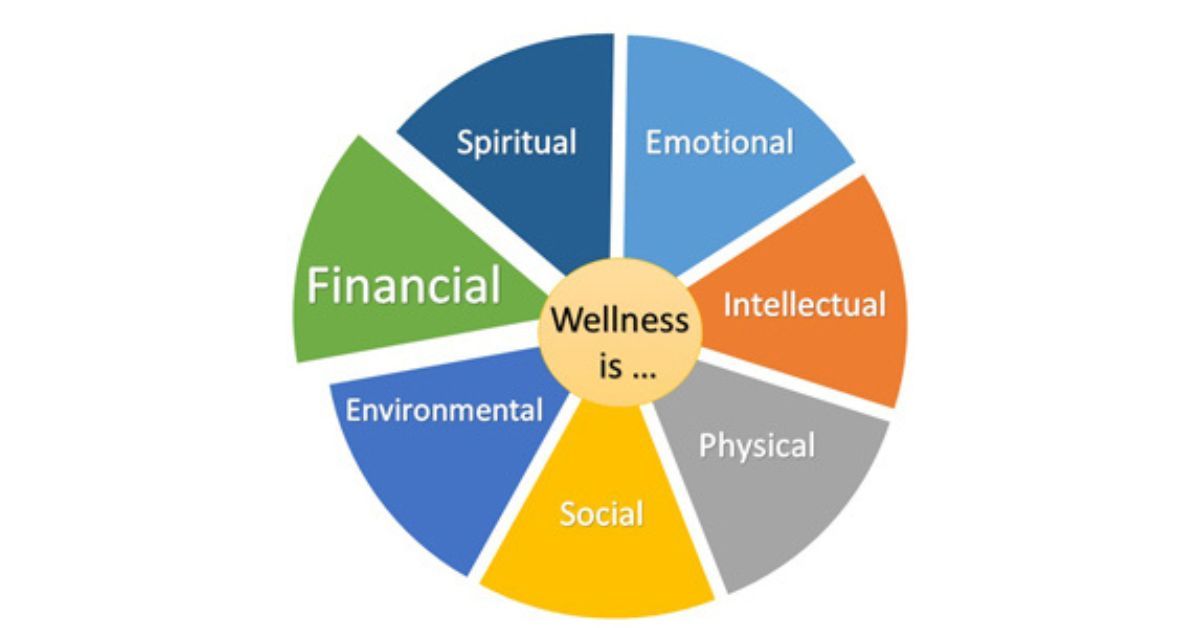Financial stress is one of the most common and persistent challenges people face. Whether due to unexpected expenses, job changes, inflation, or broader economic shifts, uncertainty about money can significantly impact your mental, emotional, and physical health. At the R&WC, we believe in taking a whole-person approach to well-being and your financial health and stress are contributors.
The Impact of Financial Uncertainty
When finances feel unpredictable, it is natural to experience anxiety, irritability, sleep disruption, or physical symptoms. This kind of stress can affect your concentration, relationships, and overall outlook. Financial strain may also lead to feelings of shame or isolation, making it harder to seek help. In addition to stress management, financial management can help.
Financial Management Strategies
Even in uncertain times, there are steps you can take to feel more grounded and empowered. Consider these strategies:
Assess and Adapt Your Budget
Track your spending, identify the things you need, and build in flexibility. A realistic budget can reduce stress and help you make more confident decisions. Explore these tools to get started:
- Budgeting in Uncertain Times – Guidance from the Department of Defense Office of Financial Readiness
- Best Budgeting Apps – NerdWallet's review of the top budgeting apps to match your style and goals
- Printable Budget Worksheet – A simple, paper-based approach if you prefer to go low-tech
- Budgeting Basics – Tips from the University of Pennsylvania
- More options to consider
Tip: Consider the 50/30/20 rule—50% for needs, 30% for wants, and 20% for savings or debt repayment—as a flexible baseline to help you prioritize.
If income is unpredictable, explore baseline budgeting (covering essentials only) and tiered budgeting (scaling spending based on fluctuating income).
Practice Mindful Spending
Mindful spending can help you stay grounded and avoid regret. Pause before purchases and ask: “Is this aligned with my values and priorities?” Helpful strategies to try:
- Email the item to yourself instead of buying it right away. Revisit it after 24 hours. This delay can help distinguish between genuine needs and passing impulses.
- Track emotional spending habits. Are you buying to soothe stress, boredom, or comparison? Awareness is key.
Plan for the Unexpected
Having a cushion for emergencies—even if small—can significantly reduce anxiety. Consider automating savings to simplify the process.
- Learn how to plan for financial health and build short- and long-term stability from the Department of Defense Office of Financial Readiness.
Stay Informed—but Set Boundaries
The news can be a double-edged sword. Stay educated—but not overwhelmed.
- The Washington Post: How to Manage Your Money Amid Turbulent Tariffs offers a sensible view on economic challenges.
- To explore the psychology of money and real-life decision-making, tune into Ramit Sethi’s podcast or his Netflix special: Hot to Get Rich.
Talk About It
You're not alone. Sharing your concerns with someone you trust—or a professional—can lighten the emotional load and offer practical insight.
- Coping Financially in Uncertain Times explains why connection is so important in periods of financial stress.
Navigating Uncertainty in Higher Education
Uncertainty in academia takes many forms—funding instability, job security concerns, enrollment shifts, and political pressures that affect teaching and research. During a recent session hosted by the National Center for Faculty Development & Diversity (NCFDD), attendees identified common stressors:
- Research and grant funding availability
- Institutional budget constraints and hiring freezes
- Changes to DEI policies and academic freedom
- Career trajectory concerns, including tenure and promotion
- Student safety and institutional responses to political shifts
While uncertainty isn’t inherently negative, it can contribute to stress, anxiety, and cycles of overwhelm. Recognizing the impact of uncertainty is the first step in reclaiming agency.
- Read more in Navigating Uncertainty in Higher Ed: Strategies for Faculty
- Watch a NCFDD webinar on uncertainty
GW Resources for Financial Well-being
As a member of the GW community, you have access to tools and support for managing your financial health:
- GW Human Resources' Financial Well-being Resources: Workshops, tools, and personalized support for budgeting, retirement planning, and debt management.
- GW Medicine Benefits: GW Medicine, formerly GW Medical Faculty Associates, employees can access benefit details and financial wellness offerings.
- Video
-
Financial Well-being Webinar with Dr. Irene Foster Financial Well-being Webinar with GW's Dr. Irene Foster- Dr. Foster's slide presentation with tips, tricks, advice, and links.
- The Financial Diet
-
The Financial Diet helps you rethink your relationship with money, culture, and class via its popular newsletter, social media, podcast, and YouTube videos.
- Digital Budgeting Apps
- Accessing Your FICO Score
-
- AnnualCreditReport.com: This is the official website authorized by the federal government for accessing free credit reports. You can request a free weekly online credit reports from Equifax, Experian and TransUnion by using this website.
- myFICO.com
- Zero-Based Budget Worksheet
-
A zero-based budget is a saving and spending plan where you assign every dollar of your income to some specific purpose. At the end of the worksheet, if your budget is fully balanced, you should have ZERO budget left over. Some of your income will go into savings, some will go towards expenses, some might even be invested. The point is to plan what you want to do with it.
